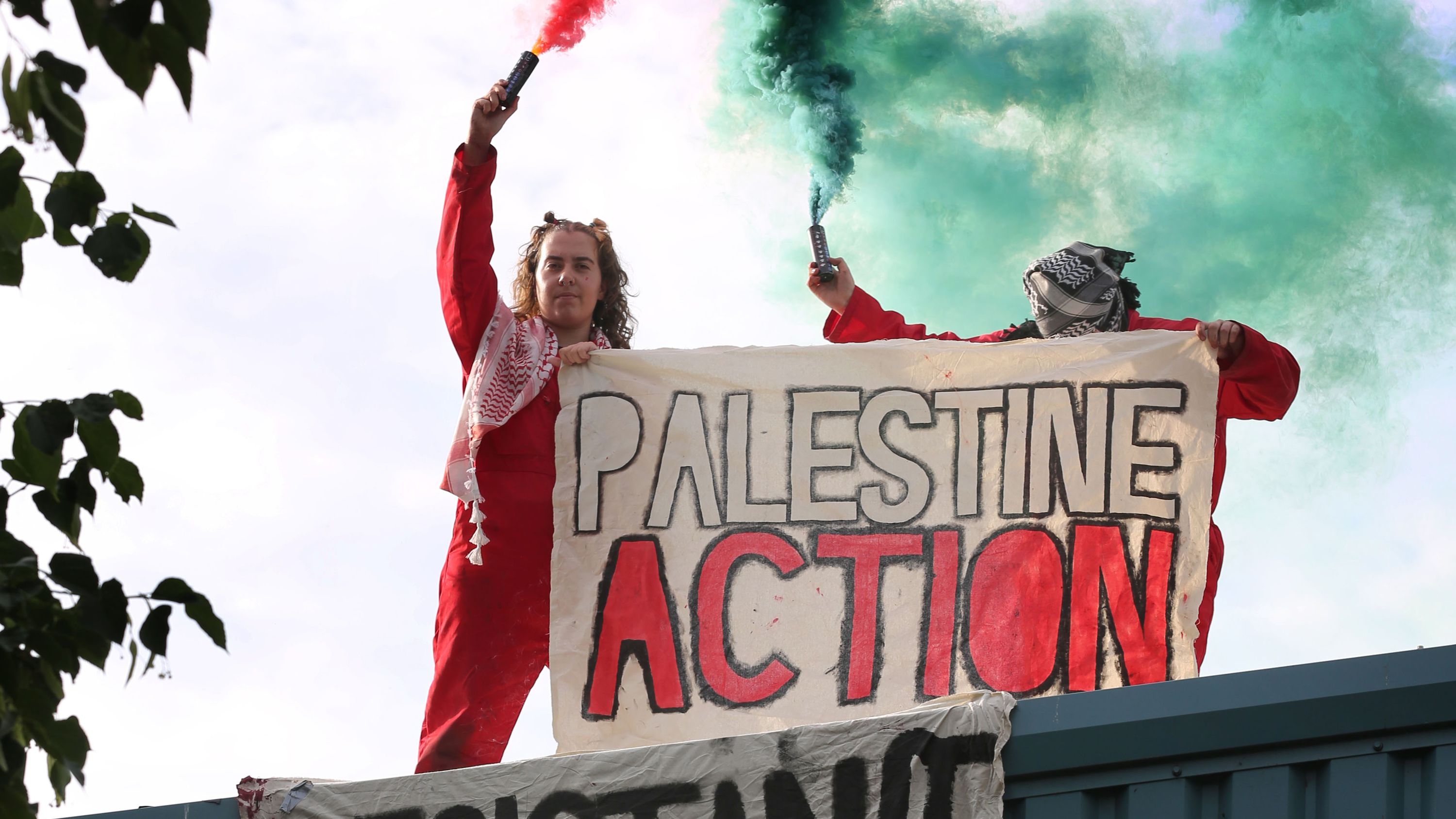Roger Waters: The True Spirit of Rebellion or Recklessness?
Explore the controversial path of Roger Waters as he navigates the fine line between activism and public scrutiny, igniting debate about the role of art in society.

In the echoing halls of rock history, few figures loom as large as Roger Waters, a man whose artistic journey has continually challenged the status quo. But today, as he casts his unwavering gaze toward the tumultuous horizon of political activism, Waters finds himself not merely performing on a stage but standing in the dock of public scrutiny. His vocal support for Palestine Action—a group branded by the UK government as a terrorist organization—has set a cultural and legal firestorm ablaze.

Through the lens of rock ‘n’ roll’s rebellious ethos, Waters’ stance embodies the true spirit of artistic defiance. With Pink Floyd, he crafted anthems that dissected war and humanity, and now, with his verbal salvo against the UK government, he channels that same spirit into defending the downtrodden. This isn’t mere posturing but a genuine call to action, an invocation for others to question a seemingly infallible system.
Waters’ predicament thrusts us into a broader conversation—one that probes the boundaries of freedom and the fine line dividing dissent from illegality. In an era where pop culture revels in safe rebellion, carefully curated for mass palatability, Waters’ actions remind us of the raw, undiluted power that art can wield. He forces us to confront uncomfortable truths about a society quick to silence voices that challenge its narrative.

Palestine Action is vilified by many, and perhaps rightly so in certain circles. Still, at its core, it is a manifestation of resistance—a notion that rock music once held up as sacred. By standing alongside such a group, Waters invites both admiration and ire in equal measure, a testament to the potency and peril of aligning oneself with contentious causes.
What lies ahead for Roger Waters remains shrouded in uncertainty. Will his bold gambit lead to legal repercussions, or will his defiance fuel a broader movement seeking to reclaim the voice of the voiceless? The answers linger in the cultural ether, waiting to unfurl in a society that desperately needs artists who are not afraid to challenge the establishment.
In a world awash with sanitized pop anthems and corporate-sponsored rebellion, Waters’ story resonates as a clarion call for authenticity—a reminder that real art is not merely entertainment but a force capable of igniting change. As we watch this narrative unfold, one thing is clear: the spirit of dangerous art is not dead; it’s only waiting for those brave enough to wield it.
In these turbulent times, the ghostly echoes of true rebellion call out for champions. Roger Waters, with his unyielding resolve, answers that call—proving that in the battle between silence and song, the latter often carries more weight.




